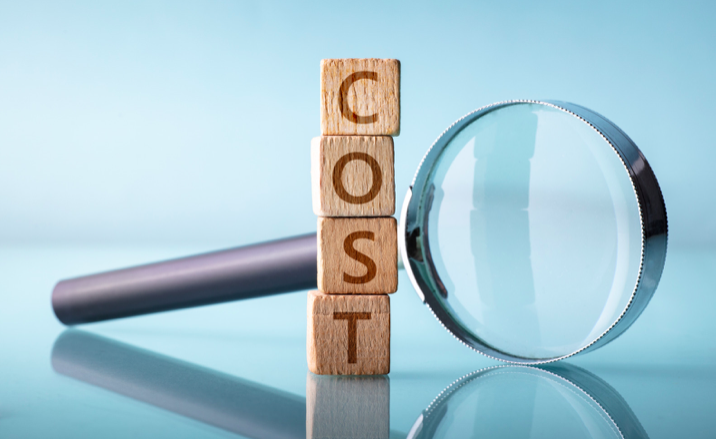Except that you do. First off, what is cost basis? The term refers to what it cost you to buy something. Plus improvements (in the case of real assets.)
For example, if you bought Amazon stock at $50/share, $50/share is your cost basis. If you bought a house for $150,000 and put $50,000 of improvements into it, your cost basis is $200,000.
Why is this important?
Because here in the US, if you make money when you sell an asset, you are expected to pay capital gains tax on the profit (not the whole sale price, just what you made).
Easy enough, right? WRONG! Let’s say you were gifted IBM stock from Great Aunt Edith when you were 10 years old. You are now 35 and want to sell the stock to pay your son’s private school tuition. What’s your tax bill? The price you sold the stock for minus the price that Edith paid for the stock multiplied by your applicable taxable gains rate. Talk to your CPA about the rate part.
The problem is, Dear Edith passed away in a freak hang-gliding accident at age 90 and you have no way to find out how much she paid for her shares or, indeed, when she bought them. Don’t even get me started on dividend reinvestment, stock splits, mergers, or other things that would affect the ultimate purchase price of the stock.
So, how do you satisfy the IRS? Well, you can try to figure out what the cost basis was at some assumed time of purchase in the past. If you have a date, websites such as www.bigcharts.com may have historical quote information that can help.
If the IRS audits you and you can prove that you had reasonable methodology to recreate the cost basis, they might let it slide. Then again, they may not.
Of course, you could assume a VERY low cost basis and pay more capital gains tax than needed, just to keep the IRS off your back. For some people, that may be worth it.
If the shares were purchased after 2008, the brokerage company where the shares were bought are supposed to have records. However, you may not know where that was, they may not divulge the records to you, and so on and so on for obstacles.
Ultimately – remember this blog NEVER gives tax advice – check with a CPA on the best way to handle this. For your own self, try to keep good records and pass them along to anyone to whom you are kind enough gift your own stock shares.



